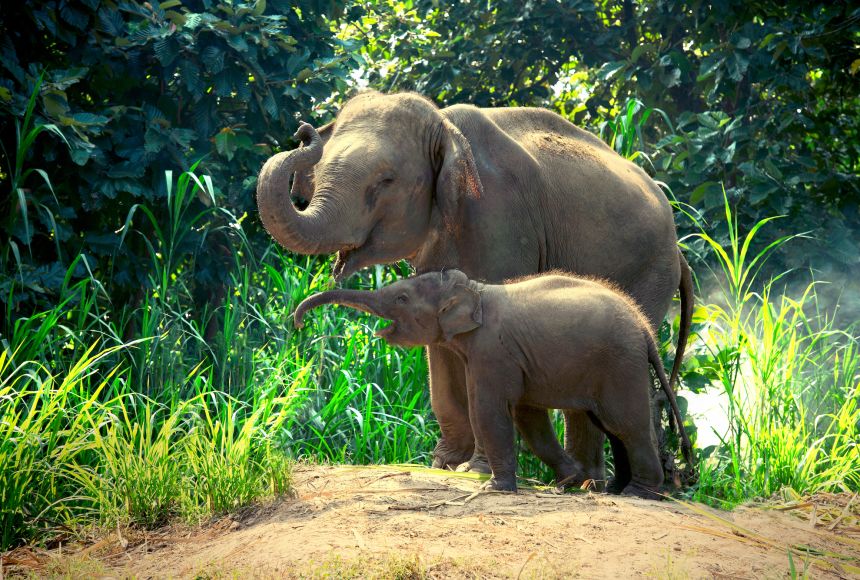Call for Urgent Action to Protect Zimbabwe’s Wildlife and Ecosystems

The Centre for Natural Resource Governance (CNRG) has issued a rallying cry to all stakeholders in Zimbabwe, urging immediate measures to safeguard the nation’s precious wildlife and ecosystems.
Underlining this year’s theme, “Connecting People and Planet: Exploring Digital Innovation in Wildlife Conservation,” CNRG stressed the vital role of digital solutions in addressing the mounting threats faced by Zimbabwe’s biodiversity.
In a statement marking World Wildlife Day, CNRG highlighted the unprecedented crisis of biodiversity loss and ecosystem degradation gripping the globe.
“The world is grappling with an unparalleled crisis of biodiversity loss and ecosystem degradation. From deforestation and habitat destruction to illegal wildlife trade and climate change, human activities continue to pose significant threats to our planet’s delicate ecosystems and the diverse species they harbor. We also express grave concern over the detrimental impact of mining operations on wildlife-supporting ecosystems,” the statement read.
CNRG underscored that the repercussions of this crisis extend beyond ecological consequences to encompass economic and social ramifications.
“The disappearance of key species disrupts fragile ecosystems, upsets biodiversity equilibrium, and reduces tourism revenues, vital for Zimbabwe’s economy. Moreover, local communities reliant on wildlife-based tourism and sustainable natural resource management face economic hardships, exacerbating poverty and social unrest. Unethical practices like trophy hunting also pose a threat to wildlife conservation. There is absolutely no justification for killing animals for recreational purposes or as a form of sport. With the right policies, practices, and infrastructure, tourism could potentially become a $20 billion economy,” CNRG emphasized.
In light of these urgent challenges, CNRG called upon the government and stakeholders to prioritize conservation, sustainability, and social justice.
“The Zimbabwean government must enact and enforce stringent legislation and policies to safeguard wildlife habitats, regulate extractive industries, and combat illegal wildlife trade. These frameworks should promote sustainable practices and ensure equitable distribution of natural resource benefits. Adequate resources should be allocated to bolster wildlife protection efforts, including anti-poaching measures and the dismantling of illegal wildlife trade networks. International collaboration is crucial in tackling transnational wildlife crime,” CNRG asserted.
Furthermore, CNRG advocated for a ban on trophy hunting and urged the Zimbabwean government to spearhead a campaign against the practice across the African continent.
“Trophy hunting risks agitating wild animals and exacerbating human-wildlife conflicts. Zimbabwe should champion sustainable land use practices like reforestation, habitat restoration, and eco-friendly agriculture, respecting the rights of local communities and indigenous peoples,” CNRG added.
CNRG emphasized the importance of collaboration among government agencies, international organizations, civil society groups, businesses, academia, and communities to exchange knowledge, experiences, and best practices in wildlife conservation.









